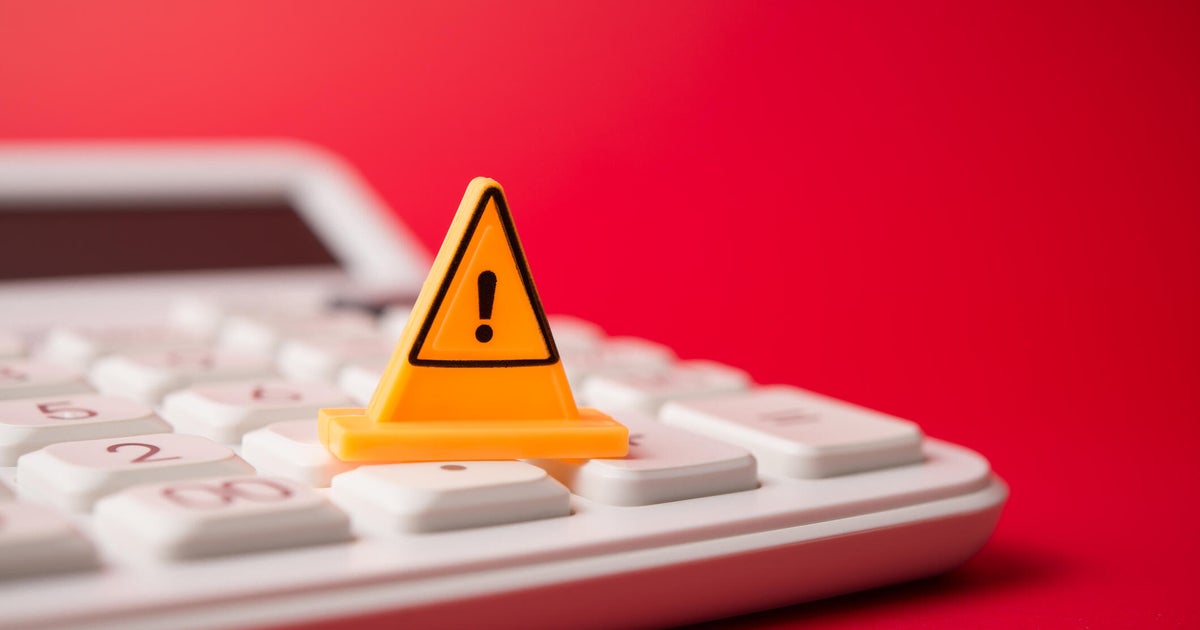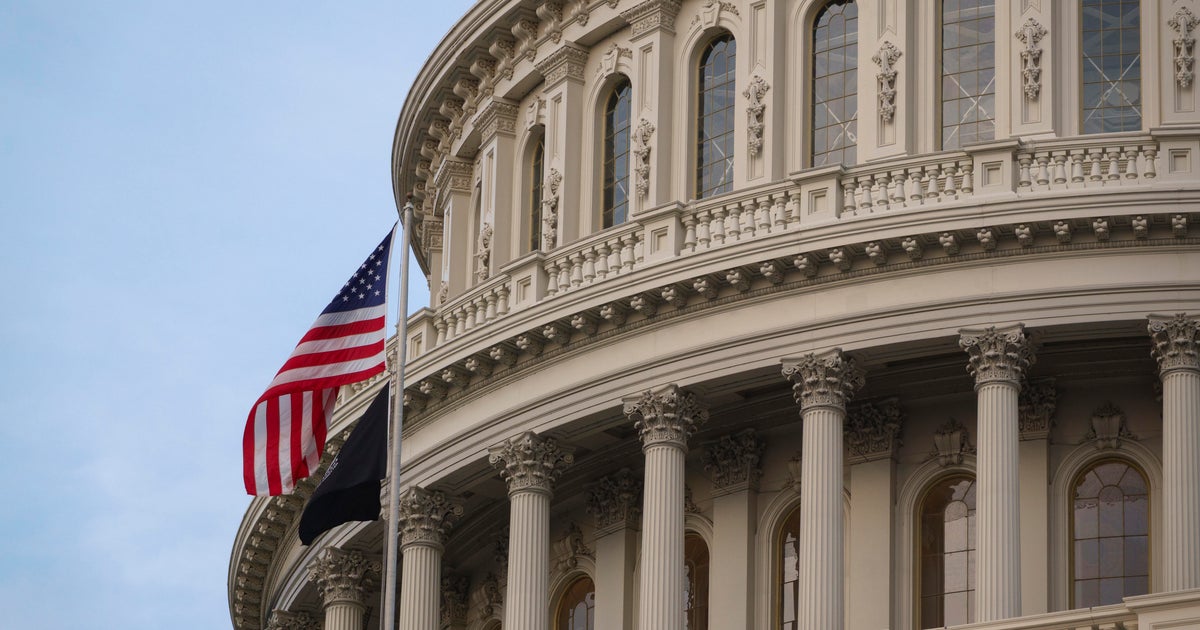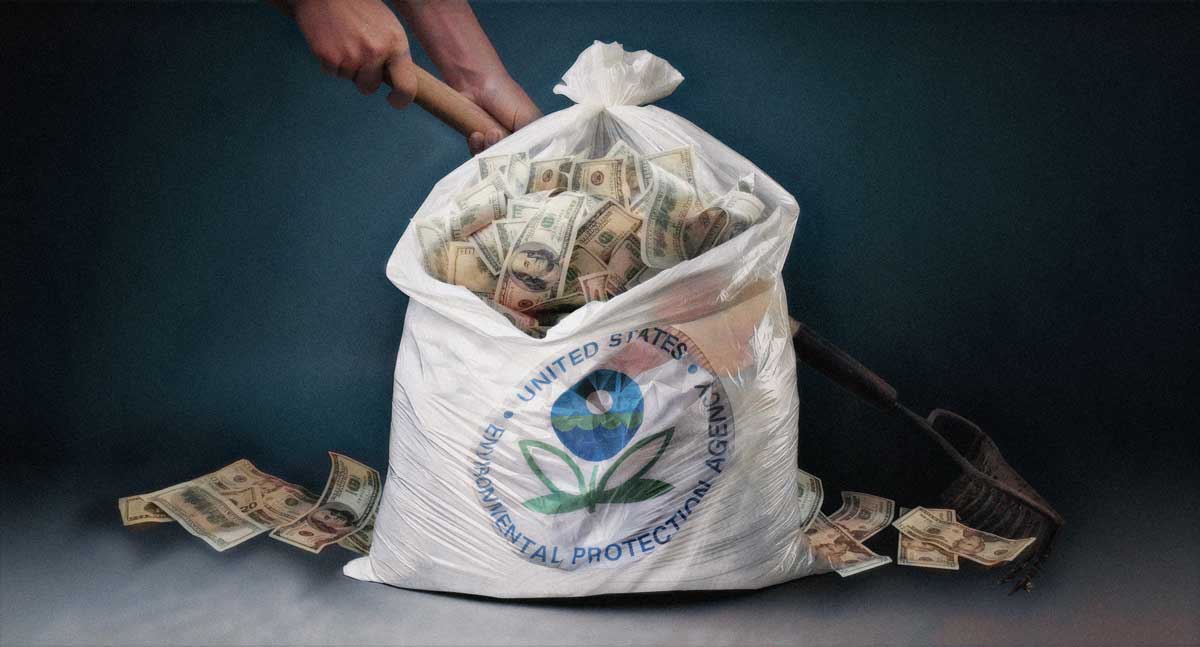Farmers will get $3.1 billion in USDA loan relief from Biden
The federal government announced Tuesday a program that will provide billions of dollars in debt relief for about 36,000 farmers who have fallen behind on loan payments or face foreclosure.
The U.S. Department of Agriculture announced the farm loan relief program funded from $3.1 billion set aside in the Inflation Reduction Act allocated toward assisting distressed borrowers of direct or guaranteed loans administered by USDA. The law was passed by Congress earlier this year and signed by President Biden in August.
"Through no fault of their own, our nation's farmers and ranchers have faced incredibly tough circumstances over the last few years," said Agriculture Secretary Tom Vilsack. "The funding included in today's announcement helps keep our farmers farming and provides a fresh start for producers in challenging positions."
About 11,000 farm borrowers who are delinquent on direct or guaranteed loan payments for 60 days or longer are receiving automatic electronic payments to get them current on their loans. Each farmer with a direct loan received about $52,000 and those with guaranteed loans received about $172,000. The total cost for this group is nearly $600 million.
Farmers who received this help will get a letter informing them that their payments have been made and they will remain current until their next annual payment is due in 2023, Vilsack said.
Another $200 million has been used to immediately help 2,100 farm borrowers after their loans had been foreclosed but who still owed money and had their tax refunds and other resources taken. Farmers in this category received an average of $101,000, the USDA said.
Another $571 million will be used to help:
- 7,000 farmers who delayed loan payments to the end of their loans during the coronavirus pandemic.
- 1,600 farmers who face bankruptcy or foreclosure will get help on a case-by-case basis with individual meetings to assess their problem and find solutions at a cost of $330 million.
- 14,000 financially distressed farm borrowers facing cash flow problems who ask for help to avoid missing a loan payment will receive additional assistance.
The money announced Tuesday is the first round of payments designed to help insure the farmers stay in business or re-enter farming.
Mr. Biden's farm funding plan has been a major concern for farmers of color, many of whom were promised targeted loan relief and will now be lumped into payments with all farmers.
The Emergency Relief for Farmers of Color Act, which passed last year alongside the American Rescue Plan of 2021, called for $4 billion in loan forgiveness to farmers of color. In addition to providing aid to Black growers who have struggled during the pandemic, the emergency funding would have marked the first step in correcting decades of discrimination that some farmers say they have faced at the hands of the USDA.
Yet the loan-forgiveness program was removed from the Inflation Reduction Act before any dollars could reach farmers. The law also removed wording that specifically carved out money for Black farmers to erase their USDA loans.
Black farmers could still qualify for a significant share of the aid provided under the inflation bill, although it's unclear if their applications will be swamped by other applicants who are now also eligible for relief.
Concern from Black farmers
John Boyd Jr., president of the National Black Farmers Association, told CBS MoneyWatch that USDA loan relief will likely mean fewer Black farmers receive forgiveness because they are outnumbered nationwide by White farmers.
The remainder of the $3.1 billion will be used to help relax unnecessary loan restrictions and provide further assistance to be announced later, the USDA said.
Farmers assisted by the program have been found by the USDA to be distressed borrowers hard hit by pandemic-induced market disruptions exacerbated by more frequent, more intense, climate-driven natural disasters, the USDA said.
The USDA also provided $31 billion to help nearly a million farmers offset lower sales, prices and other losses due to the coronavirus pandemic in 2021 and 2022, the U.S. Government Accountability Office has said.



